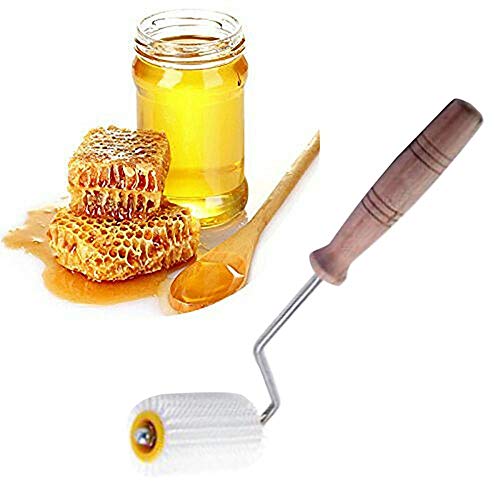Propolis is a bee-based substance with a long history of medicinal use, touted for its ability to fight infections, heal wounds, and more. It is widely sold as a liquid extract, in softgels as a nutritional supplement, in raw chunks as a vitamin, and even as a throat spray and shampoo.
In Beehive Alchemy, Petra Ahnert explains where it comes from:
"Propolis is the dark brown resinous mixture that bees produce by mixing tree resins, sap and other botanical elements with saliva and beeswax. Bees use propolis to seal up small cracks and gaps in the hive. They also use it to mummify small animals that die in the hive, covering them in propolis and effectively restoring the hive to sterility."
Propolis seems to be effective against bacteria, viruses, and fungi, according to the U.S. National Library of Medicine. It might also have anti-inflammatory effects and help skin heal. Recent research suggests propolis may improve blood sugar control in people with diabetes, prevent or reduce gum disease, reduces canker sore outbreaks, help treat minor burns and prevent infections. But it has been known to cause reactions in people allergic to bees or bee products.
Ahnert says she harvests propolis when cleaning hives. "After all the honey has been extracted, we scrape all the boxes and frames to remove the errant wax and propolis. To do this, we set up a makeshift scraping station over a barrel. Any kind of box or container works, but a 55-gallon barrel is a nice height for cleaning lots of equipment without an aching back.
"Propolis can be a bear to work with. What I usually do is tincture the propolis in 95 percent pure grain alcohol. The tincture can be be used either as is or made into propolis oil."


